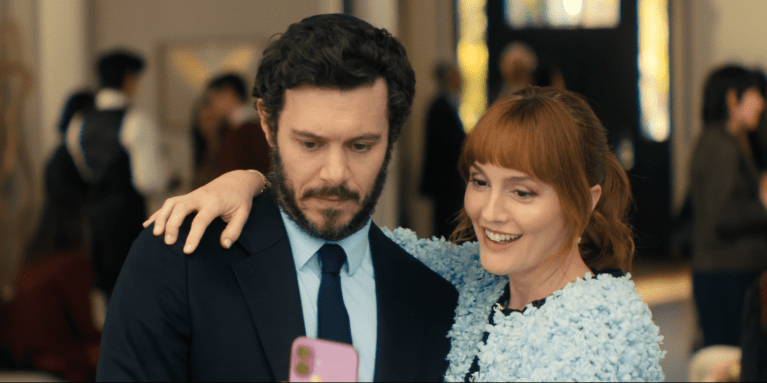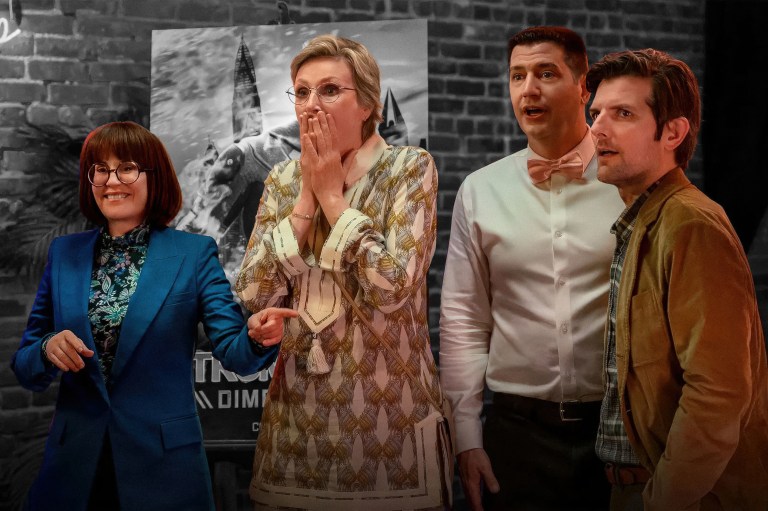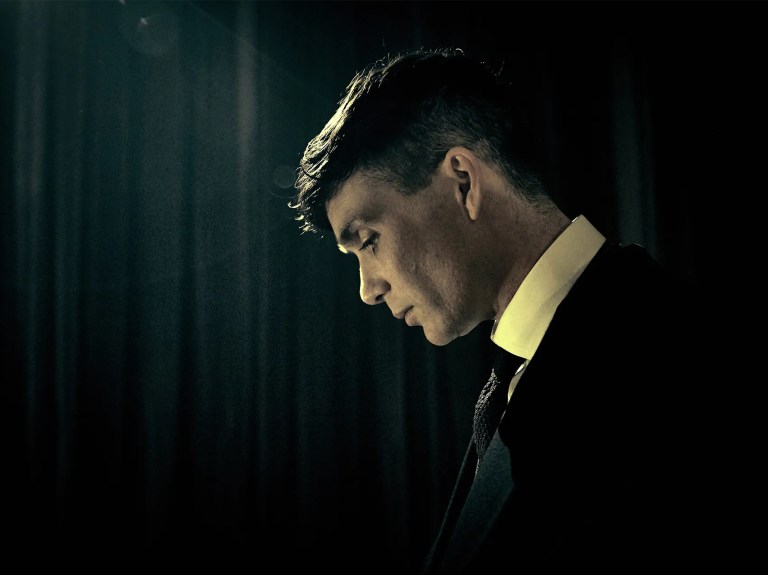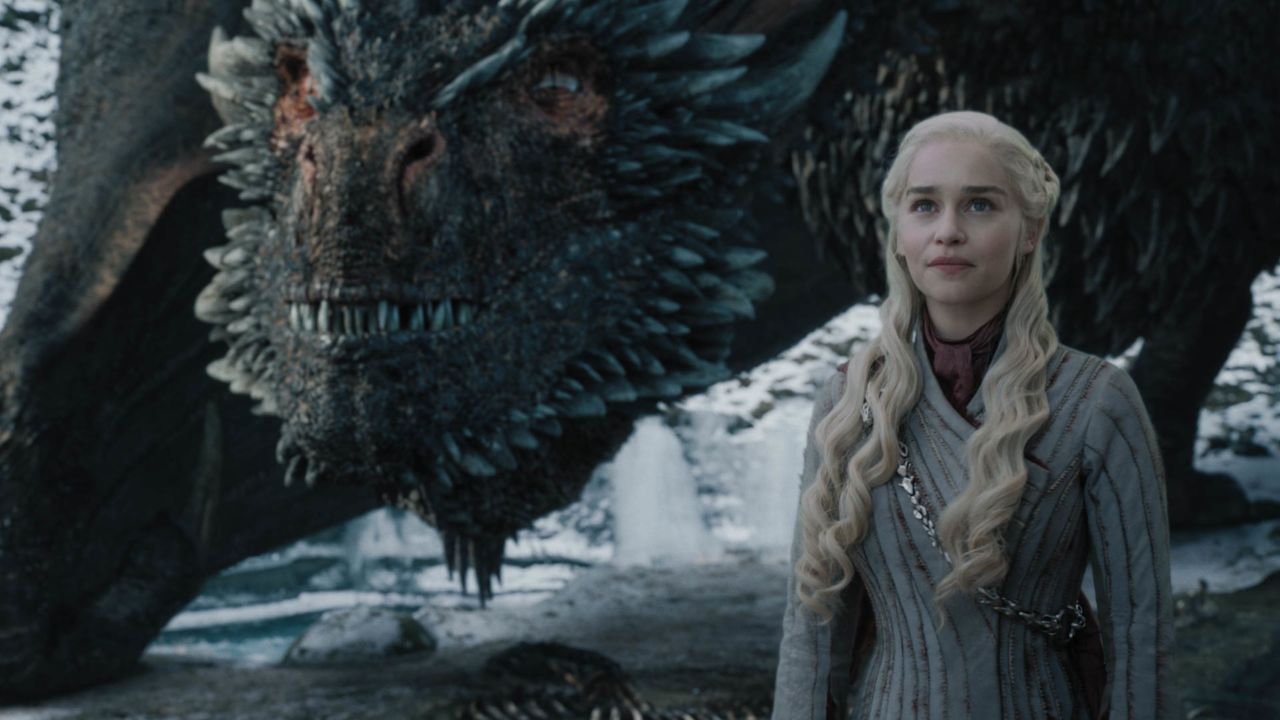
6 Beloved TV Characters That Were Slowly Ruined Over Time
From fun-loving corporate managers to once just fantasy monarchs, here are several beloved TV characters who were egregiously ruined by their series’ conclusion.
Change is an important part of any great TV show. After all, no one wants to tune in week in and week out, from one season to the next, and watch the same episode of television over and over again, do they? In this sense, it’s integral that characters and situations in TV shows change organically over time, bringing with it a natural sense of transformation in the characters’ lives (sometimes for better, sometimes for worse).
Unfortunately, despite how crucial these transformations are to a series’ success, some TV shows wind up bungling their characters’ development, ushering in personality changes that are fundamentally at odds with the characters’ earliest traits. From fun-loving corporate managers to once just fantasy monarchs, here are several beloved TV characters who were egregiously ruined by their series’ conclusion.
Andy Bernard (The Office)

More so than of his fellow characters in The Office, Andy Bernard had a far more progressive journey throughout the entirety of the show. Initially debuting as a brash, brown-nosing salesman trying to seize Dwight’s place as Michael’s right-hand man, Andy slowly became one of the most enjoyably quirky characters on The Office. Once the series entered its ninth season, however, Andy rapidly reverted back to his old egotistical self, demonstrating the same narcissistic tendencies associated with the character way back in Season 3.
Pierce Hawthorne (Community)
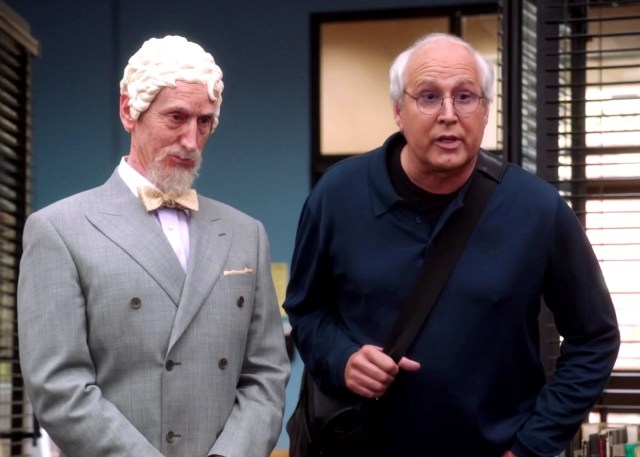
In the first season of Community, Chevy Chase’s elderly community college student possessed a fair number of idiosyncrasies. Awkward, naive, and hilariously misguided when it came to interacting with his younger classmates, there was nevertheless an undeniable charm around Pierce Hawthorne, complete with some poignant heart to heart moments that showed off the character’s softer side. Beginning around Season 2, however, Pierce began to display an increasingly dastardly persona, bullying his fellow study group members and lashing out without the slightest provocation. Instead of the well-intentioned Pierce we got in Season 1, Pierce became a mean-spirited grouch obsessed with his standing in the group, a characteristic that proved grating to most viewers of the show.
Daenerys Targaryen (Game of Thrones)

It’s no accident that millions of viewers across the globe named their babies “Khaleesi” in honor of Game of Thrones’ Daenerys Targaryan. One of the principal lead characters on HBO’s flagship fantasy series, Daenerys also served as one of the most engrossing personalities on the show. Overcoming adversity and personal hardship and becoming a benevolent ruler across the Narrow Sea, Dany appeared alongside Jon Snow or Tyrion Lannister as the closest thing GoT had to a sympathetic hero. Unfortunately, all of her character development came rapidly undone by the show’s final season, triggering Daenerys’ unfortunate descent into a paranoid, power-hungry successor to her father, the Mad King.
Malcolm (Malcolm in the Middle)
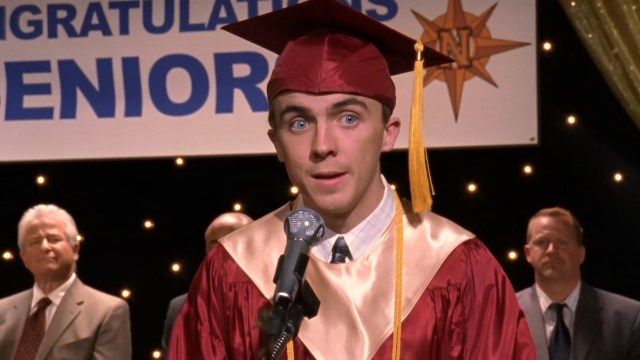
Throughout Malcolm in the Middle’s earliest seasons, Malcolm appeared as the relatable albeit mischievous lead character on Fox’s 2000s-era sitcom. Using his genius-level intellect for all the wrong reasons, viewers couldn’t help but smile brightly whenever they saw Malcolm use his vast intelligence to help his brothers prank, sabotage, and haphazardly terrorize their suburban neighborhood. As Malcolm grew into a teenager, however, this once adorable propensity for hijinks was replaced by a egocentric need to fit in. Demanding love and attention from all those he deemed his mental inferior, Malcolm’s prodigious intelligence soon became his greatest flaw.
Rory Gilmore (Gilmore Girls)
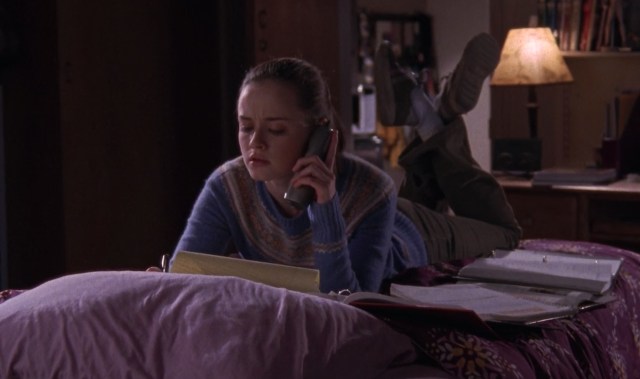
To this day, fans of Gilmore Girls furiously debate over Rory’s personality changes during her time at Yale. One avenue of thought has acclaimed Gilmore Girls for showcasing Rory’s growth, citing the fact that she became less of a stereotypical girl-next-door-type character and instead became a realistically imperfect heroine. On the other hand, more critical viewers pointed to her growing entitlement as a major flaw incompatible with Rory’s earlier character traits, triggering her descent into a character audiences couldn’t fully relate to. Regardless of the camp you fall under, it’s clear that Rory became a shadow of her former self halfway through Gilmore Girls’ run, allowing viewers to form their own individual thoughts on her journey throughout the show.
Peter Griffin (Family Guy)
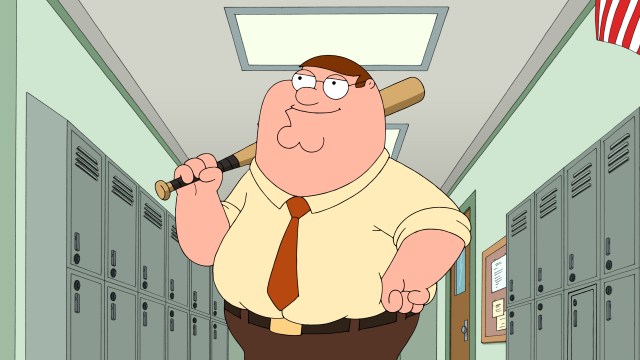
If we’re being quite honest, virtually every character on Family Guy has seen some degree of character devolvement as the series has gone on. But there’s just something wholly disturbing about Peter’s transformation from goofy if absent-minded suburban dad into an outright immoral sociopath. Harboring little of the same love he held for his family in Family Guy’s earliest seasons, today’s version of Peter is about as likable as Game of Thrones’ Joffrey and as sympathetic as Breaking Bad’s Todd, leaving one to wonder if he can even be considered a “family guy” at all anymore.

